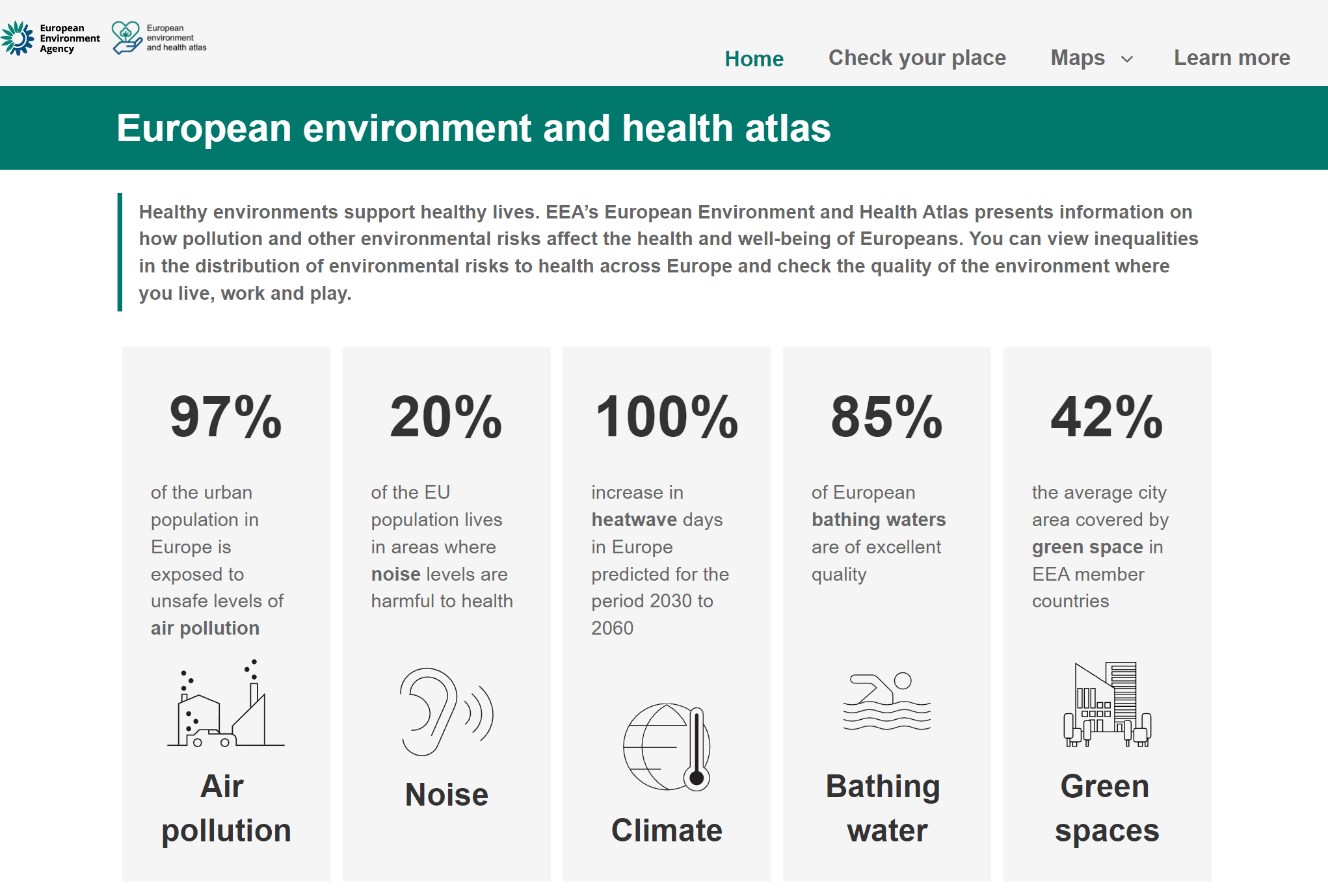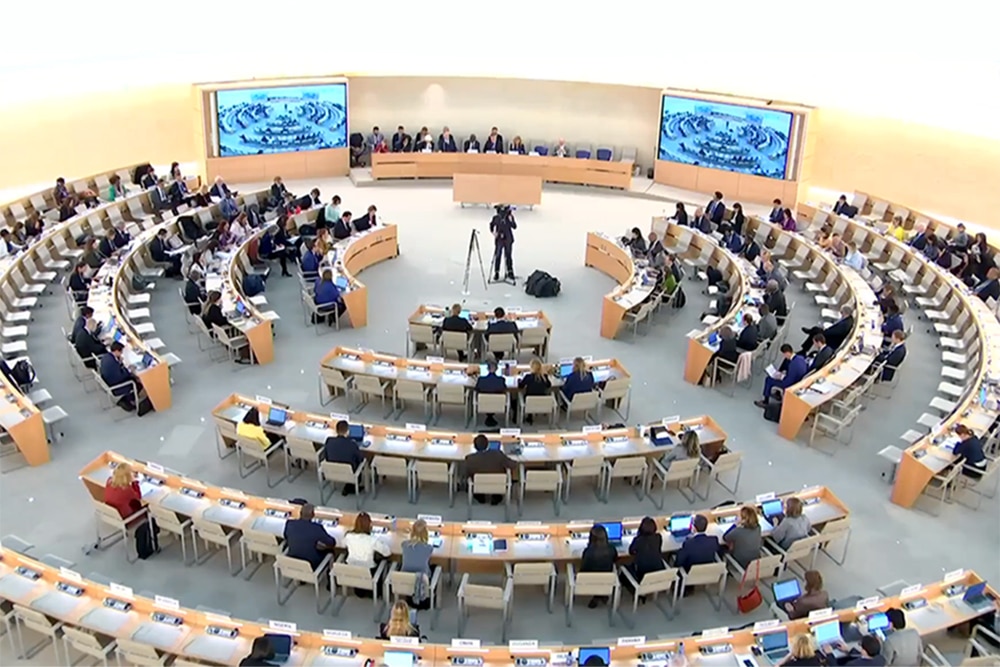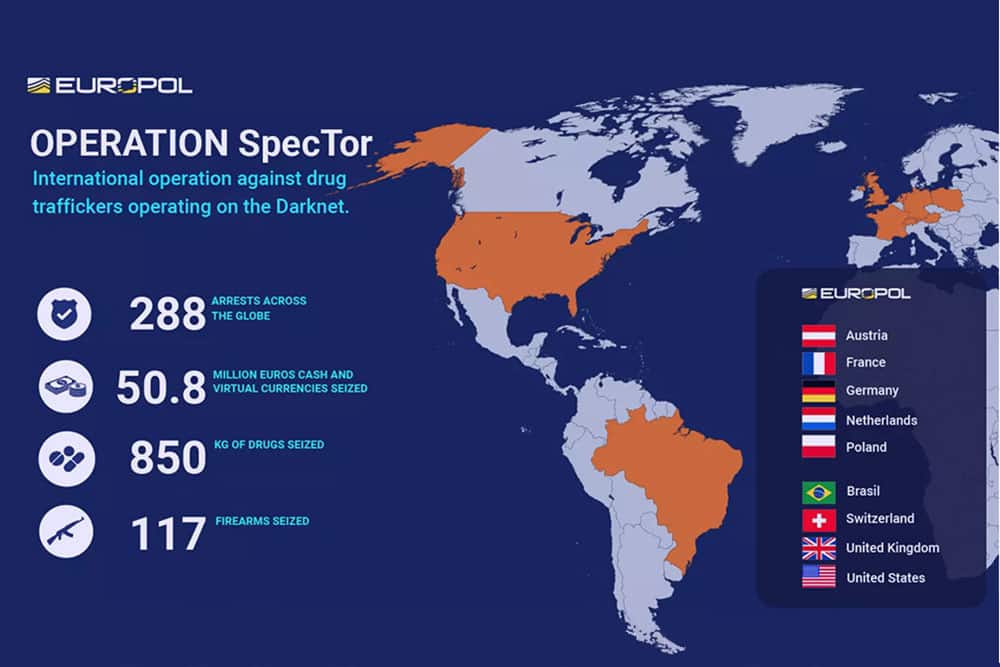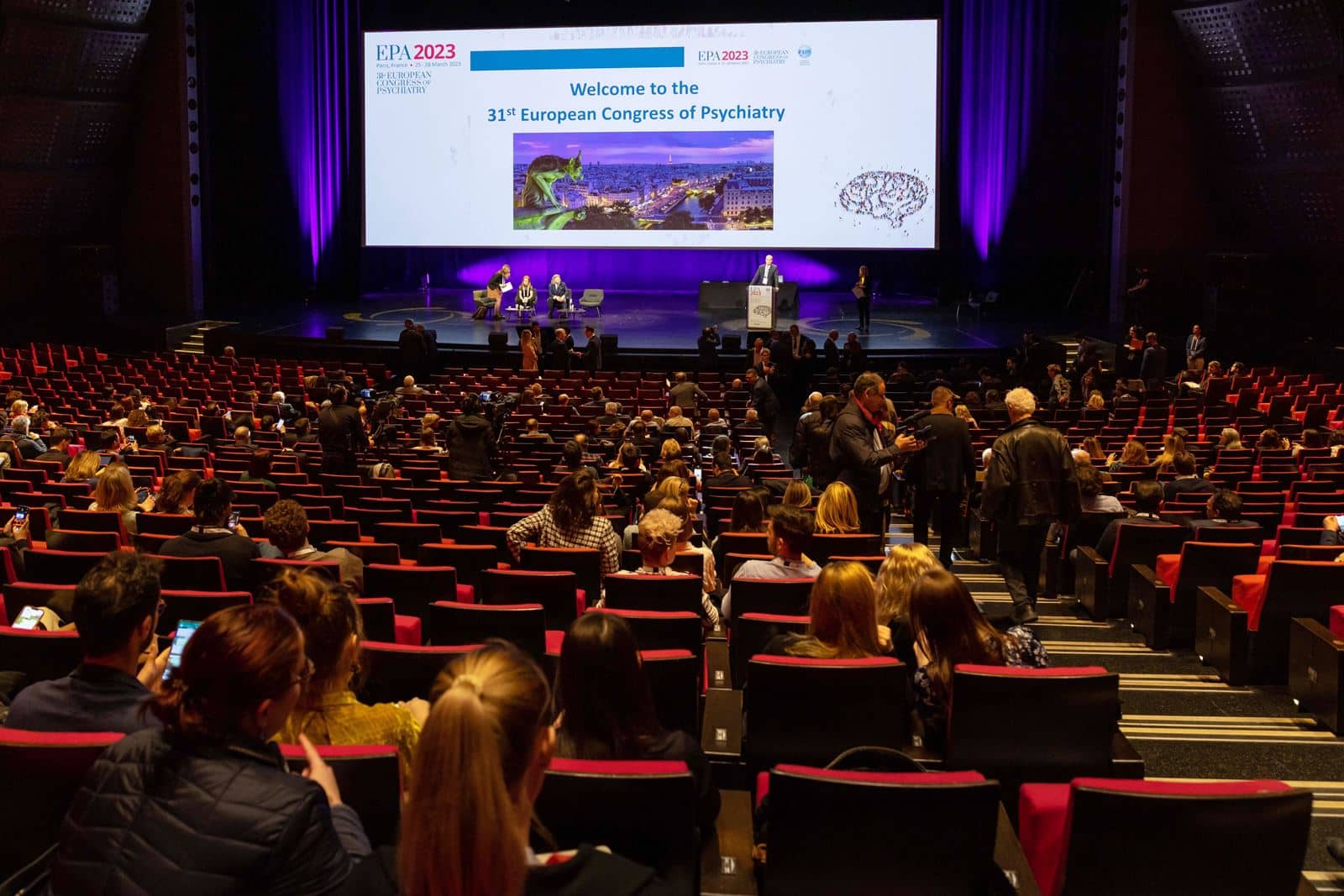“Despite being charged with terrorism, they were reportedly arrested for resisting forced evictions in the name of the NEOM project and the construction of a 170km linear city called The Line,” the UN experts said.
‘Smart city’ project
NEOM is a futuristic urban development project backed by the Saudi Public Investment Fund.
Shadly Ahmad Mahmoud Abou Taqiqa al-Huwaiti, Mr Ibrahim Salih Ahmad Abou Khalil al-Huwaiti and Mr Atallah Moussa Mohammed al-Huwaiti were sentenced to death on 5 August last year, and their sentences were backed by Saudi Arabia’s Specialised Criminal Court of Appeal, on 23 January.
Three other members of the Howeitat tribe were sentenced to “severe prison terms” said a press release issued on behalf of the experts: Abdelnasser Ahmad Mahmoud Abou Taqiqa al-Huwaiti received a 27 year sentence; Mahmoud Ahmad Mahmoud Abou Taqiqa al-Huwaiti, 35 years; and Abdullah Dakhilallah al-Huwaiti was sentenced to 50 years in jail.
“Under international law, States that have not yet abolished the death penalty may only impose it for the ‘most serious crimes’, involving intentional killing,” the experts said. “We do not believe the actions in question meet this threshold.”
Investigate allegations
The UN Human Rights Council-appointed experts urged the Saudi authorities to investigate allegations of torture and other mistreatment involving the men, promptly and impartially.
They also asked authorities to review the sentences imposed, and, if appropriate, to retry them according with the norms and standards of due process. “Any statement that is proven to have been made as a result of torture is inadmissible in any proceedings,” the human rights experts said.
‘Vague’ anti-terror law
“All six individuals have been charged under the overly vague 2017 Saudi law on combating crimes of terrorism and its financing,” the experts said, warning that this law does not appear to be in line with international law, as raised several times by Special Procedures.
They expressed serious concern that some of the detainees had allegedly been subjected to torture and ill-treatment to extract confessions of guilt, and that due process safeguards had not been followed to ensure their right to a fair trial.
Tribal rights
The authorities have reportedly made several moves to evict members of the Howeitat tribe from their homes and traditional lands, in three villages, all related to the NOEM project development, since January 2020.
Despite promises that they would be involved in the process and receive fair compensation, many have allegedly been evicted and their homes demolished without suitable compensation, the experts said.
During the initial protests, one member of the tribe was reportedly killed in his own home by members of the Saudi Special Forces.
“Given the circumstances, we cannot consider that the requirements of consultation and free, prior and informed consent of the Howeitat people of the three villages have been met,” the experts said.
“On the contrary, these actions would certainly amount to forced evictions, which are prohibited under international law as a violation of the right to adequate housing. The actions also constitute flagrant violations of the rights to freedom of expression and access to information.”
Plea to foreign investors
“We urge all companies involved, including foreign investors, to ensure that they are not causing or contributing to, and are not directly linked to serious human rights abuses,” the human rights experts said.
The experts reminded Saudi Arabia of its obligations under the UN Convention against Torture. They urged the authorities to recognise core international human rights instruments, including the two International Covenants, as soon as possible, to establish an official moratorium on all executions with a view to the complete abolition of the death penalty, and to allow external scrutiny, including by accepting pending country visit requests from the Council-mandated Special Procedures section.
The experts have already contacted the Government, the Saudi Public Investment Fund and the Neom Company, as well as 18 foreign companies and the States where they are domiciled, to raise concerns over the issue.
Independent human rights experts are appointed by the UN Human Rights Council, in Geneva. They are mandated to monitor and report on specific thematic issues or country situations. They are not UN staff and do not receive a salary for their work.














